- Home
- Mind & body
- The battle of the sexes: Are Aussie men or women healthier?
At CBHS we help you manage your health challenges. We believe in offering you the services, support and tools you need to live your best life.
Health and Wellness Programs are available to support eligible members towards a healthier lifestyle. Each Health and Wellness Program is subject to its own eligibility criteria.
Contact us for more information and to confirm your eligibility for a program.
The battle of the sexes: Are Aussie men or women healthier?

It’s no secret that the health of men in many countries, including our own, is poorer than that of their female counterparts. During Men’s Health Week, we wanted to bring to light some of the common issues afflicting men, and what we can do as a community to help.
First of all, just how do males and females stack up in the health stakes? The Australian Institute of Health and Welfare (AIHW) looked at how the health of males and females compared in 2017-18.
Here’s the breakdown of what they found:
Male and female health in Australia
| What? | The facts | Who was healthier? | Make the lifestyle change | |
 | Physical activity | 50% of men and 41% of women are sufficiently physically active. | Men | Adults aged 18-65 should aim for 2.5 to 5 hours of moderate intensity physical activity each week with muscle-strengthening activities on at least 2 days each week. |
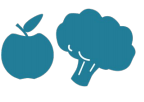 | Fruit and vegetable intake | Fewer than 1 in 30 men and 1 in 15 women ate enough fruit and vegetables | Women | Go for at least 2 serves of fruit and 5 to 6 serves vegetables each day. Try including a few vegetarian meals each week. |
 | Sugary drinks | Men were almost 2x as likely as women to drink sugar-sweetened drinks daily. | Women | Limit your intake of drinks containing sugar and stick to small portions <250mls when you do. |
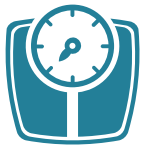 | Weight | 75% of men and 60% of women were overweight or obese. | Women | Aim for a waist circumference below 94cm or 37-inch pant size (80cm or size 14 or below for women). |
 | Smoking | 16.5% of men and 11% of women are smokers. | Women | Quit smoking. |
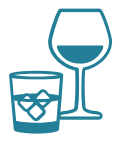 | Alcohol consumption | 1 in 4 men and 1 in 11 women consume alcohol at risky levels | Women | Stick to the national guidelines of maximum 14 standard drinks per week PLUS 2 alcohol free days each week. |
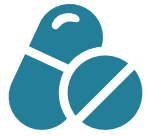 | Chronic conditions | Around 50% of males and females had at least 1 of 10 selected chronic conditions. | Same | A lifestyle including, physical activity, a well-balanced diet and maintaining a healthy body weight reduces the risk of poor health. |
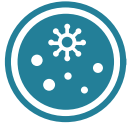 | Sexual health | Rates of new STI cases were up to 8 times higher in males than females for all STIs except chlamydia | Women | Always practice safe sex. |
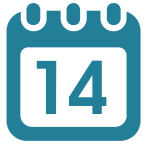 | Life expectancy | For males born in 2015–17 is 80.5 years and females is 84.6 years | Women | A lifestyle including, physical activity, a well-balanced diet and maintaining a healthy body weight reduces the risk of poor health. |
Source: AIHW: The health of Australia’s males
What are some of the key issues plaguing Aussie men today?
Prostate health
Healthline researched what’s at the top of men’s lists when it comes to health concerns in 2019 and prostate cancer was right up there. It seems that is something that is concerning men out there, and there is a good reason for it. Prostate cancer is the most common cancer in Australian men (excluding non-melanoma skin cancer). It’s also the second most common cause of cancer death.
There are no proven measures to prevent prostate cancer, but a diet high in saturated fats and low in fresh fruit and vegetables is known to increase the risk. It’s also important to look out for any signs of the disease, especially if you’re over 50. Getting to the doctor early if you’re experiencing the symptoms could save your life. Look out for:
- frequent urination, particularly at night
- pain on urination
- blood in the urine or semen
- a weak stream
- pain in the back or pelvis.
See your GP if you have concerns about your prostate health.
Mental health
The Western Sydney University’s Men's Health Information and Resource Centre (MHIRC) produced the following infographic, which contains some shocking facts about the rate at which men suffer mental illnesses. The saddest by far is this: six men per day are losing their lives to suicide, compared to two women.
There is new thinking in this area. The MHIRC encourage us to look out for the effects of situational distress, rather than solely focusing on whether someone has depression. Examples of situational distress can include:
- Relationship breakdowns
- Loss of employment
- Abuse during childhood
- Work-related stresses and pressures
- Drug and alcohol abuse
The MHIRC call for those working in suicide prevention and intervention to understand the patterns of these behaviours that can erode men’s ability to cope with life. It’s something we can all look out for, as men, and for the men in our lives. To get help or begin the conversation, a GP is a good place to start. For immediate help, you can find some support organisations at the bottom of this article.
Check out this article which offers more information on contributing factors and what symptoms to look out for and also ways men can help improve their mental health.
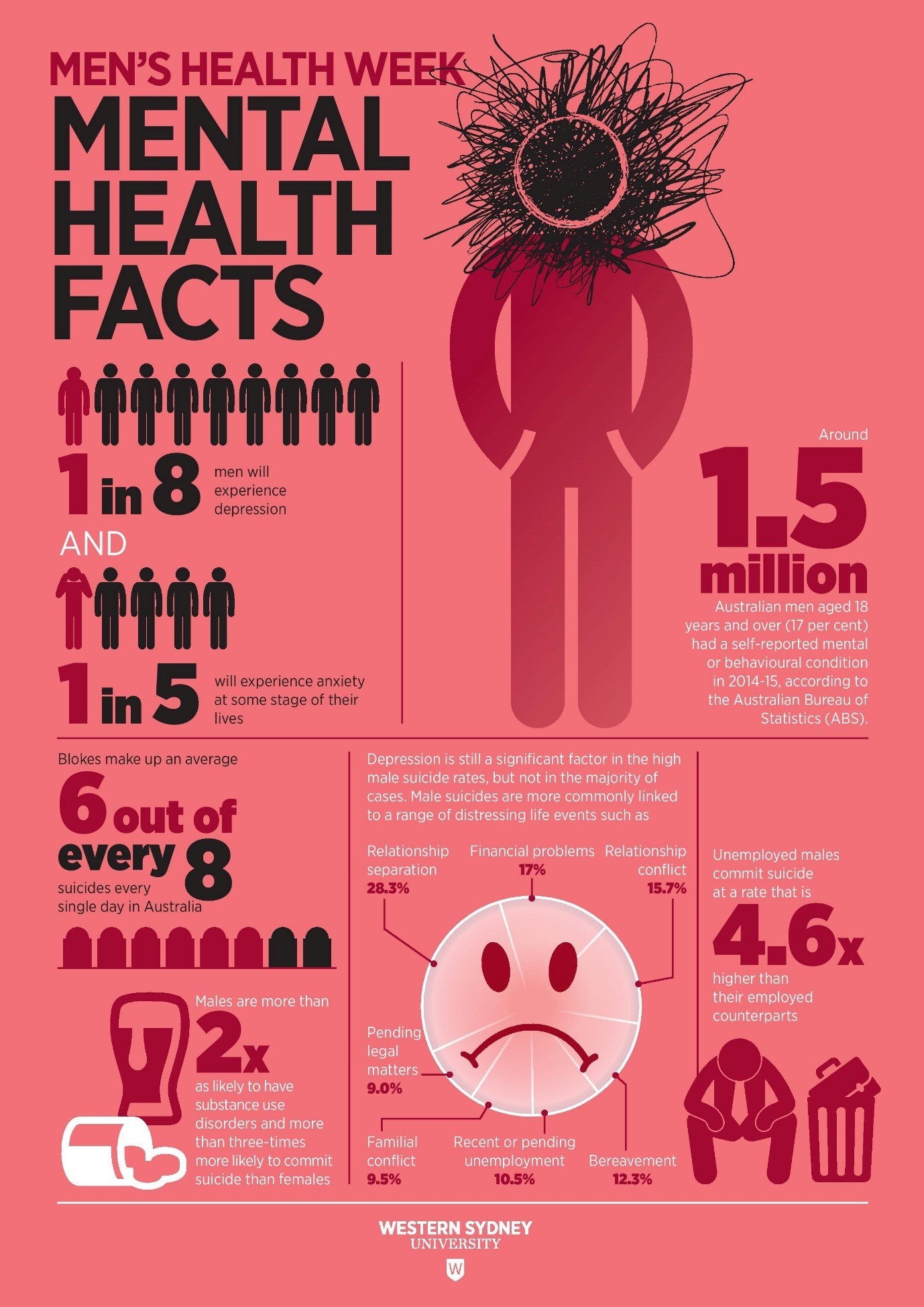
Heart disease, blood pressure and stroke
Cardiovascular disease (CVD) is at the top of the list for diseases which kill Australian men. CVD is an umbrella term which includes conditions such as cardiomyopathy, congenital heart conditions, coronary heart disease, heart failure and stroke. More men than women end up in hospital for CVD.
Why is it so deadly? One of the main processes involved in CVD is the build-up of plaque in the arteries. This narrows the arteries, making it harder for blood to flow through. This is dangerous as a blood clot can form and cause a heart attack or stroke.
When it comes to CVD, there are some risks you can control and some you can’t. Risks you can’t control are things like age, ethnicity, family history and being male. Here is what is within your power to modify:
- Smoking
- High cholesterol and blood pressure
- Being inactive
- Also having diabetes
- Being overweight
- Eating an unhealthy diet
If you meet any of the CVD risk factors, it’s important you book in to see your GP. He or she will perform some necessary checks, like taking your blood pressure and discussing your health background. Your doctor will also be able to give you advice on the lifestyle changes you can start making to reduce your risk of a heart attack or stroke.
CBHS can also help you if you have CVD or are at-risk. Read about our Better Living programs, which are free for members with Hospital or package cover.
All information contained in this article is intended for general information purposes only. The information provided should not be relied upon as medical advice and does not supersede or replace a consultation with a suitably qualified healthcare professional.
Mental health support
For immediate help in a crisis:
- Lifeline on 13 11 14
- Suicide Call Back Service on 1300 659 467
For general mental health support:
- Beyond Blue on 1300 22 46 36
- MensLine Australia on 1300 789 978
- Dad’s in Distress on 02 6652 8113
- SANE Australia on 1800 18 7263
Sources
https://www.aihw.gov.au/reports/men-women/male-health/contents/who-are-australias-males
https://www.cancer.org.au/about-cancer/types-of-cancer/prostate-cancer/
Health and wellbeing
programs & support
You Belong to More with CBHS Hospital cover:
- Greater choice over your health options including who treats you
- Get care at home with Hospital Substitute Treatment program
- Free health and wellbeing programs to support your health challenges
Live your healthiest, happiest life with CBHS Extras cover:
- Benefits for proactive health checks e.g. bone density tests, eye screenings
- Keep up your care with telehealth and digital options
- Save on dental and optical with CBHS Choice Network providers
